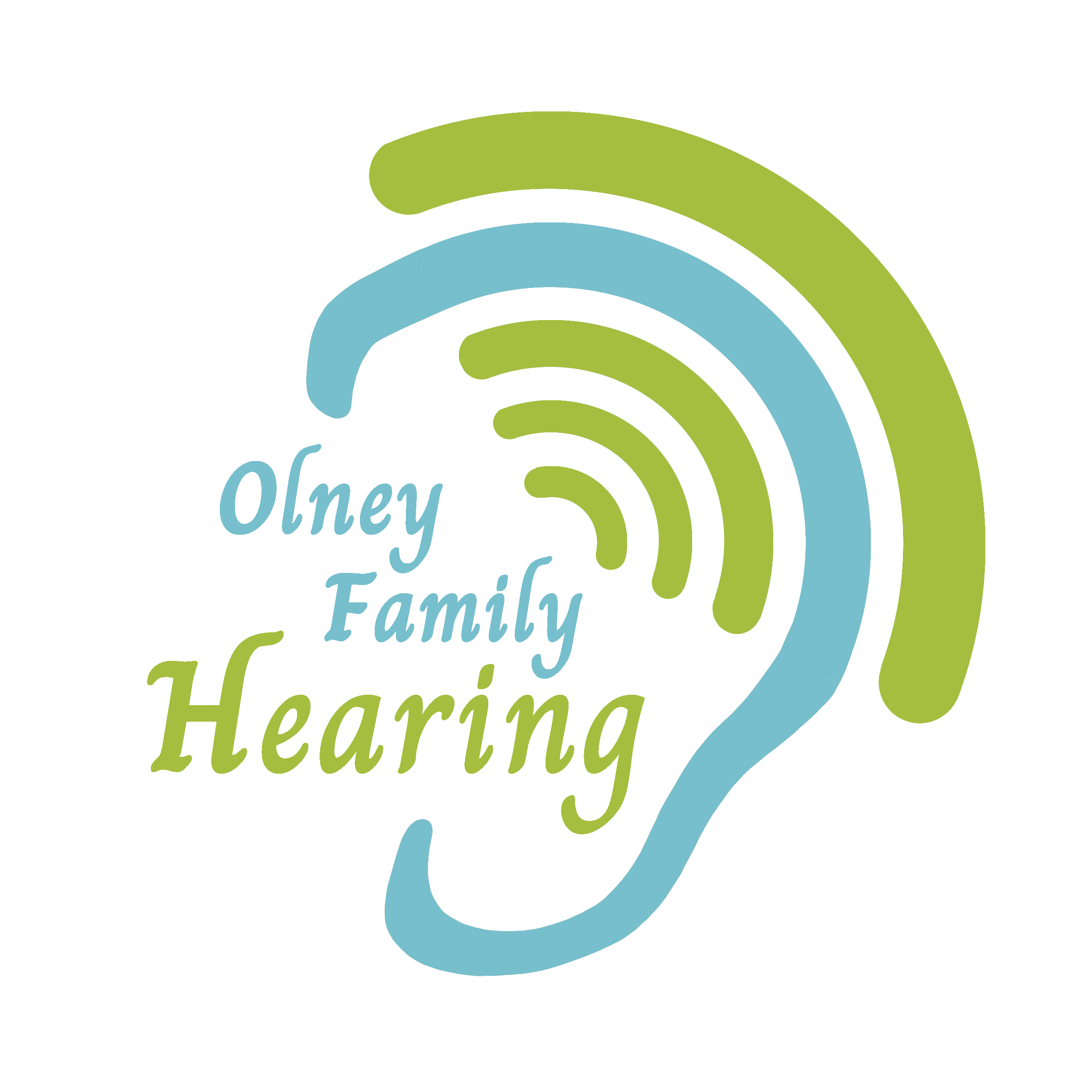Do you hear reasonably well but feel you might be experiencing early signs of hearing loss? If you’re curious about hearing aid technology but are not ready to make the jump to prescription hearing aids, an over-the-counter (OTC) hearing aid might be an excellent option for you.
What Are OTC Hearing Aids?
OTC hearing aids are designed for adults with self-perceived mild-to-moderate hearing loss symptoms. Consumers can purchase OTC hearing aids in drugstores or online directly without an exam or prescription from a hearing professional, such as an audiologist or hearing instrument specialist. OTC hearing aids provide an “entry-level” and more budget-friendly option for those interested in hearing technology and how it can benefit their life.
OTC hearing aids are categorized as “medical devices,” which means manufacturers must adhere to strict quality standards set by the FDA. This means consumers can shop confidently knowing OTC devices on the market are safe and accurately labeled.
OTC hearing aids are not the same as personal sound amplification products (PSAPs). While you can purchase PSAPs without a prescription, these devices are not regulated by the FDA. They are intended for people who require sound amplification in certain situations (such as hearing sounds at a distance). PSAPs cannot treat symptoms of hearing loss.
You must be 18 years or older to wear OTC hearing aids. Children should never wear them. You must consult a medical provider before buying an OTC hearing aid if you have any of the following medical conditions:
- ear deformity
- fluid, pus, or blood coming from the ear
- hearing loss or ringing (tinnitus) that occurs in only one ear or that is noticeably different in one ear
- pain or discomfort in the ear
- history of excessive earwax or feeling that something is in the ear
- sudden, quickly worsening, or fluctuating hearing loss
- vertigo or severe dizziness
Note: Individuals with cognitive or dexterity issues may not be suitable candidates for OTC hearing aids and should seek a consultation with an audiologist for hearing loss management.
What is the Difference Between OTC and Prescription Hearing Aids?
OTC hearing aids are simplistic in design and offer a one-size-fits-most solution to mild hearing loss. They are a great introduction to hearing technology, and wearing an OTC device may help consumers better understand their own hearing needs. OTC hearing aids typically allow the consumer to adjust the physical fit of the device as well as make minor changes to the frequency and sound amplification settings. As mentioned above, consumers can purchase OTC hearing aids in-store or online, which is not the case for prescription devices.
Prescription hearing aids are more technologically advanced than OTC devices and are designed to treat various types of hearing loss, from mild to the most severe cases. A hearing evaluation from a healthcare professional is required, which allows for a highly personalized selection process. After a hearing aid is selected, your provider will fit your hearing aid to your ear anatomy and program the amplification and frequency settings to your unique needs.
OTC or Prescription Hearing Aids: Which Device is Best for Me?
Hearing loss is unique to the individual, and understanding how it impacts your life and communication is essential when making healthcare decisions. As previously mentioned, those with mild-to-moderate hearing loss symptoms are the best candidates for an OTC hearing aid.
Mild hearing loss has a low impact on quality of life. Individuals with mild symptoms typically struggle to hear sounds within the 26-40 decibel range. They usually hear speech well but might strain to hear whispering or softer sounds.
Moderate hearing loss falls within the 41-55 decibel range. People with moderate hearing loss may strain to hear speech at normal conversation levels, especially with significant background noise.
Moderate-to-severe hearing loss occurs between 56-70 decibels. Those with hearing loss within this range will likely not hear conversations at normal volume, and will often ask others to repeat what they said or raise their voices.
Severe hearing loss occurs between 71-90 decibels, and those within this range cannot hear speech at normal conversation levels. They will likely need to turn the TV up to a volume that disturbs others in the room and may not hear the doorbell or phone ringing.
Profound hearing loss occurs at 91+ decibels. People with profound hearing loss can only hear loud sounds and will not hear speech at normal conversation levels. Even during loud conversations, speech may be difficult to understand without a hearing aid.
OTC hearing aids are not approved for use in children, as they are self-programmed and the risk of having incorrect amplification could result in irreversible damage to hearing. Additionally, adults with moderate-to-profound, unilateral or sudden hearing loss or conditions like tinnitus, should seek care from a licensed healthcare provider to receive the testing and customization needed to improve their listening experience.
The Bottom Line
Untreated hearing loss is not only a nuisance: it can seriously impact cognitive function later in life. Since they are more widely available, OTC hearing aids allow individuals with mild symptoms to get an early start on treatment. They also help people understand how drastically hearing loss affects their life. After seeing what an OTC hearing aid can do, individuals with hearing loss may be more inclined to seek a prescription should their symptoms progress.

